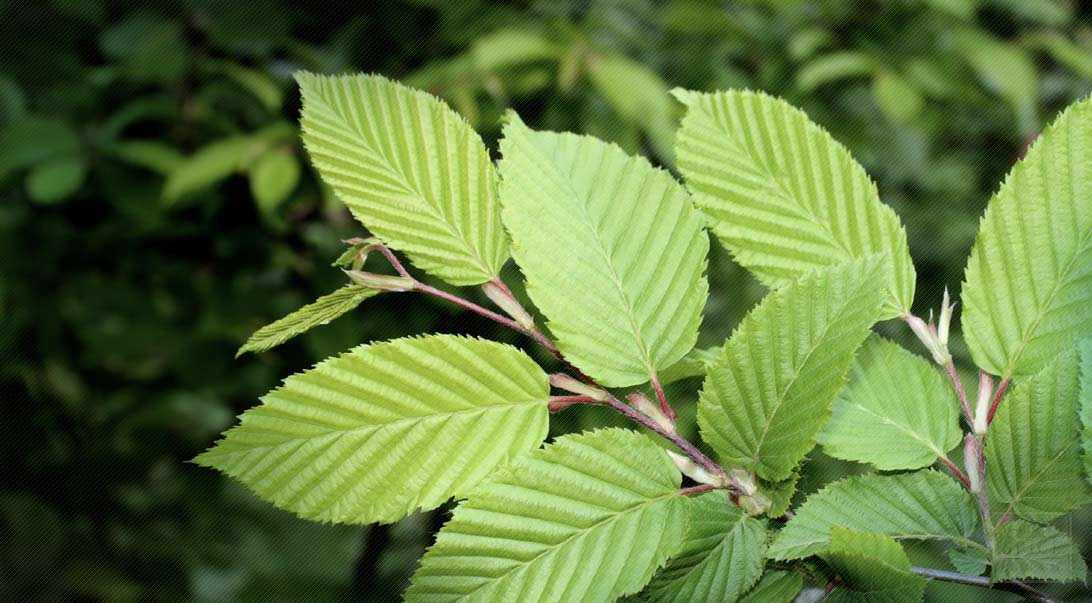
Do you struggle with constipation, diarrhea or other digestive issues? If so, you must try slippery elm.



Sore Throat and Cough. Slippery elm contains mucilage, a substance that offers soothing relief by forming a thin film that eases pain, inflammation and irritation.
Slippery elm is a tree also known as Indian Elm, Moose Elm, Olmo Americano, Orme, Orme Gras, Orme Rouge, Red Elm, Sweet Elm, Ulmus fulva, Ulmus rubra, and other names. Slippery elm has been used in alternative medicine as a possibly effective aid in treating sore throat. It is not certain whether
Slippery elm is a tree native to the central and eastern United States, and its bark may be able to soothe a number of symptoms.
Sore Throat and Coughs. Slippery elm bark contains mucilage, a thick substance that becomes a gel when combined with water. This gel is said to coat the throat, soothe soreness, reduce irritation of the mucous membranes and prevent coughing, though no hard scientific evidence exists for these effects.





Using slippery elm for pets can help naturally heal ailments ranging from GI upset to wounds. Learn how to make a homemade dose, including a DIY syrup.
Uses & Effectiveness? Possibly Effective for. Sore throat, when added to lozenges.Commercial lozenges containing slippery elm are preferred to the native herb when used for cough and sore throat.
Learn about the uses and potential benefits of Slippery Elm including dosage guidelines, side effects, interactions and safety/efficacy ratings.
Slippery elm bark has been used as a natural remedy for many different ailments for centuries. It was first used by Native Americans. Slippery elm …
Can You Help? Little Big Cat is a labor of love, but maintaining it is costly. Please chip in to maintain access to this website!
